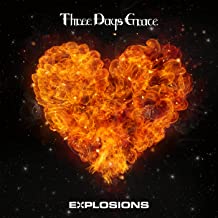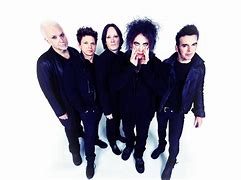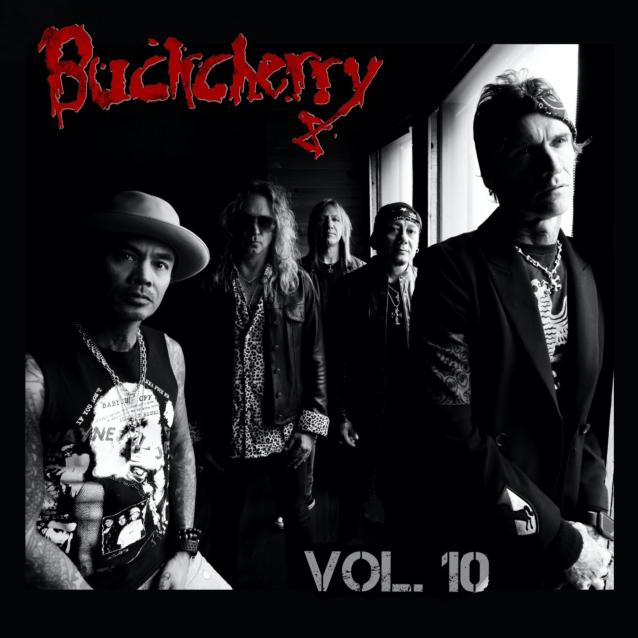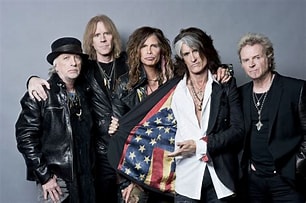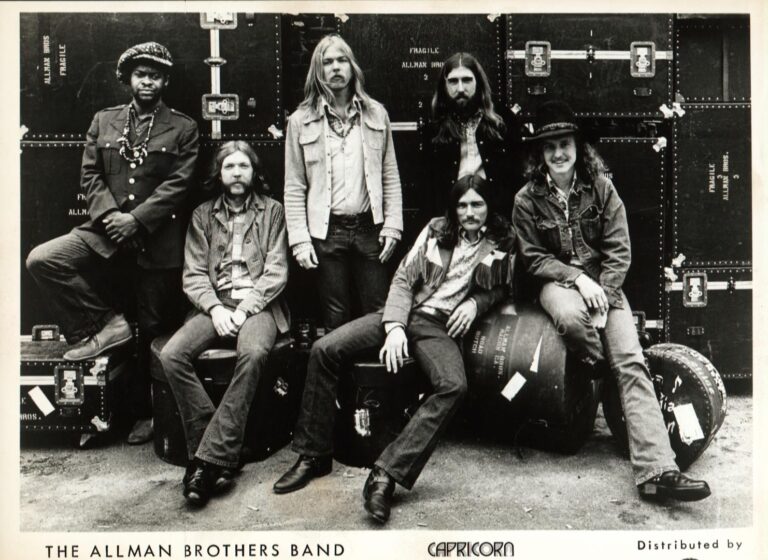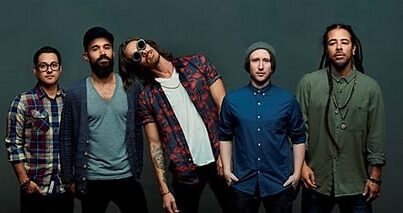Yes
Loading their songs with rapid-fire chord changes (“Roundabout“), key changes (playing in one key is just too restrictive) and time changes (they weren’t content with 4/4), Yes set out to be groundbreakers.
Jon Anderson’s airy vocals battled with guitarist Steve Howe and keyboardist Rick Wakeman for attention. No band could pull off what Yes attempted without a solid rhythm section – bassist Chris Squire and drummer Bill Bruford.
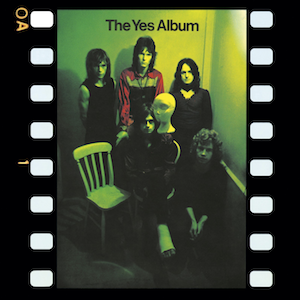
Yes opened for Cream at the latter’s farewell concert at London’s Royal Albert Hall and the Iron Butterfly on that group’s final European tour. These excursions led to a recording contract and a self-titled debut.
Their sophomore effort “Time And A Word” saw the addition of Howe. Following “The Yes Album,” the band’s third set, the flamboyant Wakeman joined.
“Fragile” with “Roundabout” was next and represented the group’s commercial peak. “Close To The Edge” was the last ’70s Yes album with its strongest and best-known line-up.
It was the band’s first album to feature keyboardist Rick Wakeman, who replaced Tony Kaye.
The Record Assocation of America (RIAA) certified sales of over two million copies.
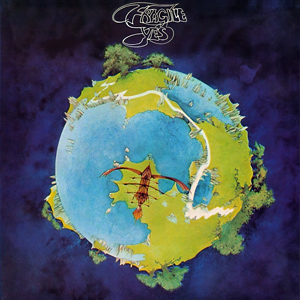

The band released five albums between 1972 and 1980 when the band’s original members re-launched Yes in the early ’80s with “90125” and the single “Owner Of A Lonely Heart” and the lesser album “Big Generator.”
“90125” reached #1 on the Billboard 200. The band then move from Progressive Rock towards a pop-oriented and commercially accessible direction but “Big Generator” peaked at #17 on the Billboard survey – likely due to the band’s internal and creative differences.
Squire, the only band member heard on every Yes studio album, passed away on 06/28/15, a month after revealing he had been diagnosed with leukemia. He was 67.
“Chris was a very special part of my life; we were musical brothers,” wrote Anderson.
###
